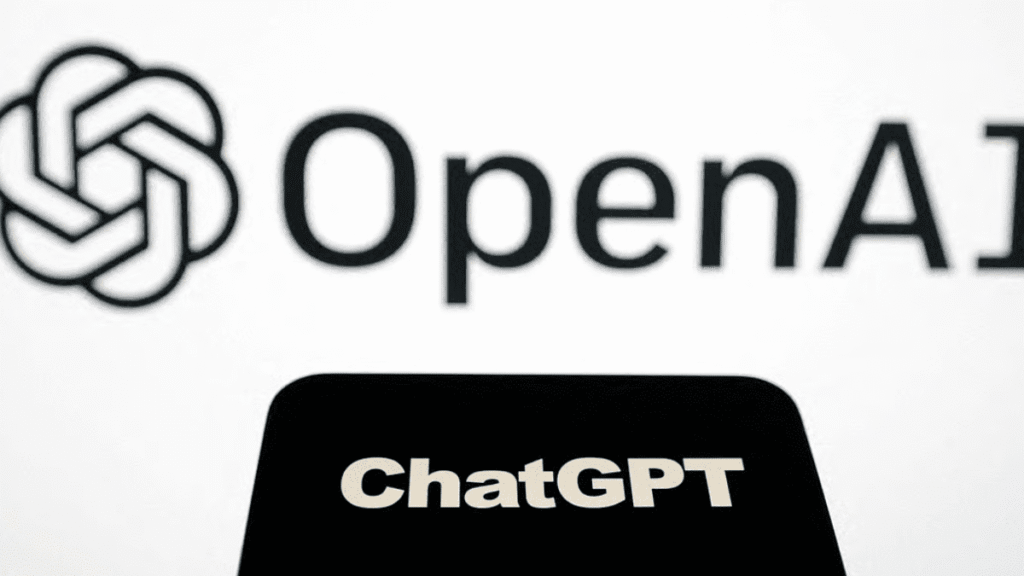OpenAI has added a new agent feature to ChatGPT that can perform many computer-based tasks for users. The ChatGPT agent can navigate a user calendar, build editable presentations and slideshows, and even run code within a secure virtual environment.
Capabilities and Tools
The ChatGPT agent combines the action abilities of Operator with the research power of Deep Research and the conversational ease of ChatGPT. It can click through websites, extract data from dozens of pages, and compile concise reports. The agent also offers browser and terminal access and can use APIs to connect to apps such as Gmail and GitHub.

How to Use ChatGPT Agent
Subscribers on Pro Plus and Team plans can turn on agent mode from the ChatGPT tools menu. Once active users speak in plain language to ask the agent to plan events, shop online, draft emails, or prepare slide decks. The agent then maps out a sequence of steps, carries them out, and returns results in the chat. Users must confirm any action that could have a major impact, such as sending messages or making purchases.
Performance Benchmarks
OpenAI reports that the agent’s underlying model scores 41.6 percent on the Humanity’s Last Exam benchmark and 27.4 percent on FrontierMath when given tool access. These results exceed earlier performance by nearly four times on the math test and about two times on the broad knowledge exam.
Safety Measures
OpenAI has included real-time monitoring since the agent can act on behalf of users, and a request that can facilitate harmful operations is not missed. Any kind of query in the areas of biology or chemistry is identified by the system and channeled through an additional filter that blocks its usage.

The feature of enabling memory of the agent is turned off to prevent bad actors from causing a prompt injection attack that may leak any personal data. Checking in at the world of AI, the possibility of creating autonomous tools capable of working in the real world, the ChatGPT agent introduced by OpenAI is one such step. By trying out the new feature, the users shall have a first-hand experience of the future of agent-based computing.





